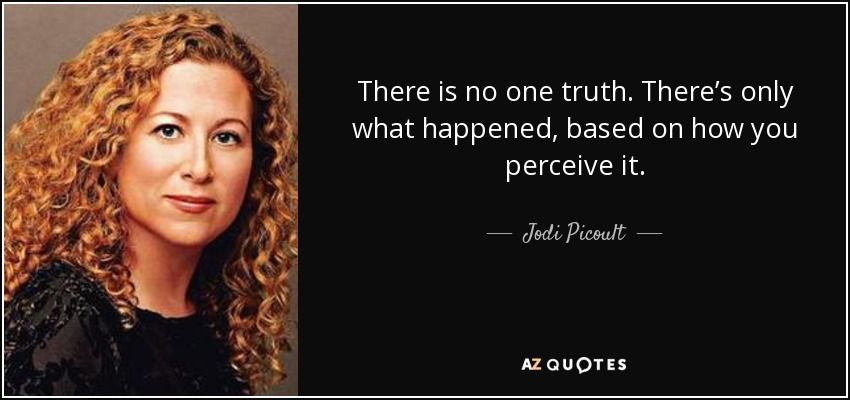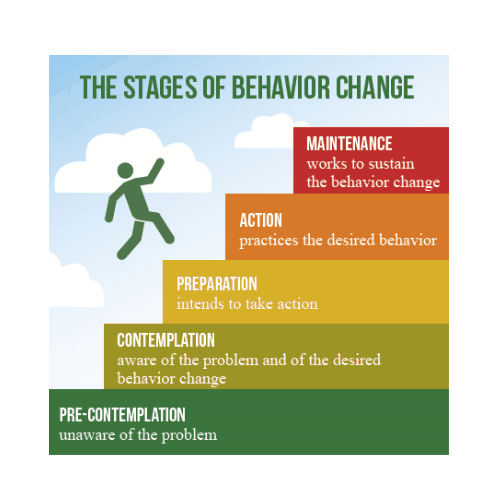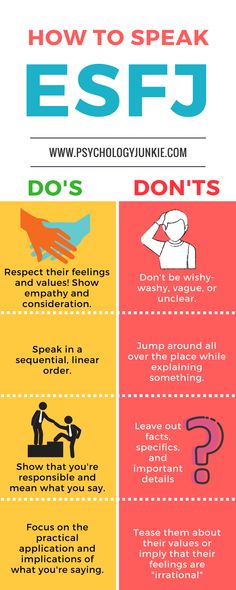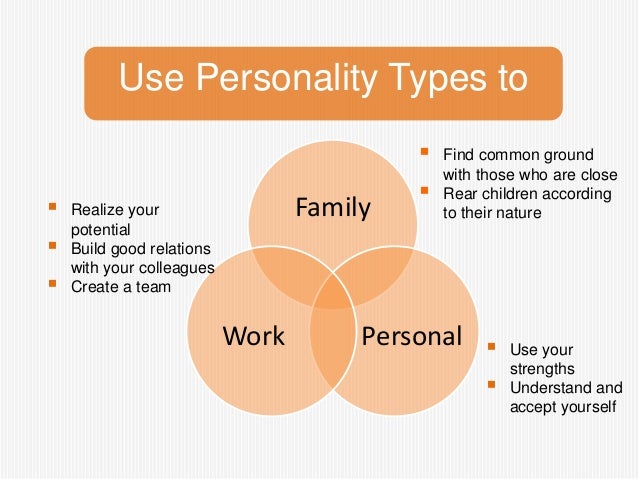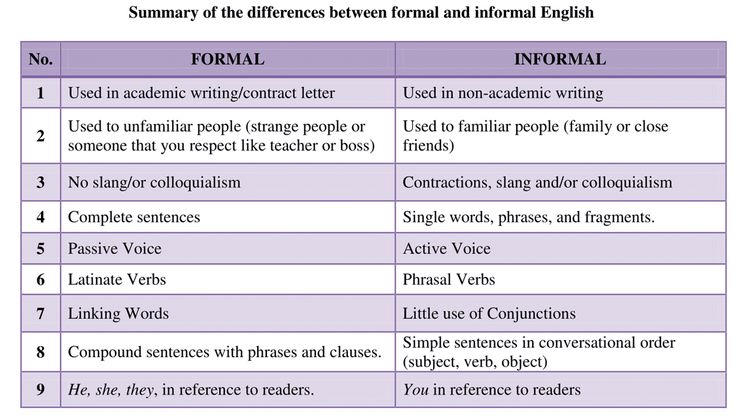Losing one's mother
Grieving the Loss of a Mother: Ways Daughters Can Cope
There’s no right or wrong amount of time to grieve the passing of your mother. Sometimes, these feelings can rush back years after your loss.
Losing your mother at any age can be a traumatic experience. The loss may be sudden, or you may have witnessed a long decline in health.
Your initial grief may be severe, followed by moments of sorrow even as time goes by. Sometimes, the effects of parental loss can affect your daily life, weeks or years later.
No matter the kind of relationship you had, losing your mother can feel overwhelming. Support is out there. There are many others just like you, who have stories of loss to share.
In the moment, it can be difficult to focus on much beyond the loss of your mother. Grief can occur in stages, with immediate symptoms.
A 2007 study suggests the death of a mother has more negative effects on daughters than on sons.
According to the study, women who experience the loss of a mother are more likely than men to:
- binge drink
- have a greater decline in self-esteem
- have a lower level of personal mastery (personal growth)
And a 2015 study found that, when losing a parent, women have a more intense grief response and more difficulty adjusting to the loss.
Overall, loss can cause a variety of physical and psychological effects. A 2008 study suggests that grief is linked to increased chances of:
- cancer
- cardiac issues
- immune disorders
- high blood pressure
A 2021 study found that parental loss is linked with depression and a compromised sense of self in young adults.
The Diagnostic and Statistical Manual of Mental Disorders (5th ed.), a reference guide that mental healthcare professionals use, notes an array of normal emotions in the year following parental loss.
These feelings may include:
- regret
- remorse
- anxiety
- guilt
- emptiness
- rage
- anger
- sadness
- numbness
Losing your mother can mean more than clinical symptoms. You may feel like you’ve lost an important part of your support system. You may experience regret for lost family traditions and cultural knowledge.
There may be times when you wonder how successfully you’re fulfilling your own role as a mother.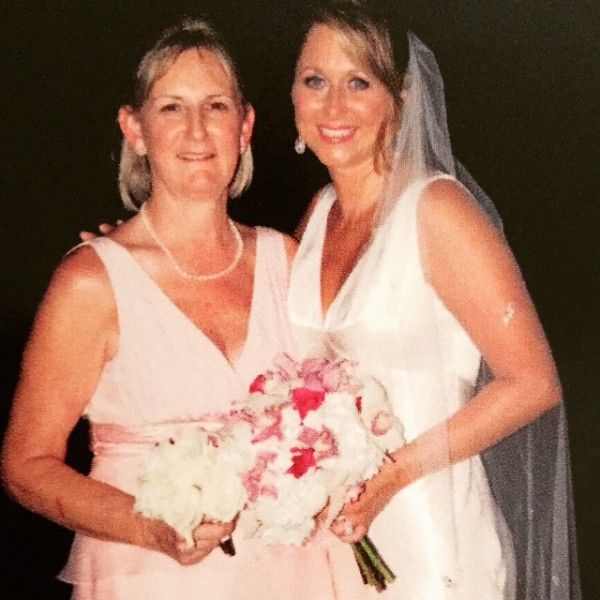
You may also find relationships within your family are now strained. Siblings and other parental figures might feel distant. They may need their own time to grieve, or may not be emotionally available in a way your mother once was.
The effects of grief after the loss of a mother are different for everyone. Grief that impairs your daily functioning, or persists for longer than a year, may require the support of a mental health professional.
There’s nothing that can replace the presence of your mother, but there are ways to help ease the burden of loss.
You may find some solace when you:
Keep up with traditions
It may help your grief to incorporate your favorite traditions from your mother. This could mean making recipes she used to cook, or using the same fragrances she used in her home.
Starting your own traditions may help you find comfort knowing your children will have both yours and your mother’s traditions to carry on with them.
Focus on happy memories
It can be painful to think back on the happy times when you’re grieving the loss of your mother.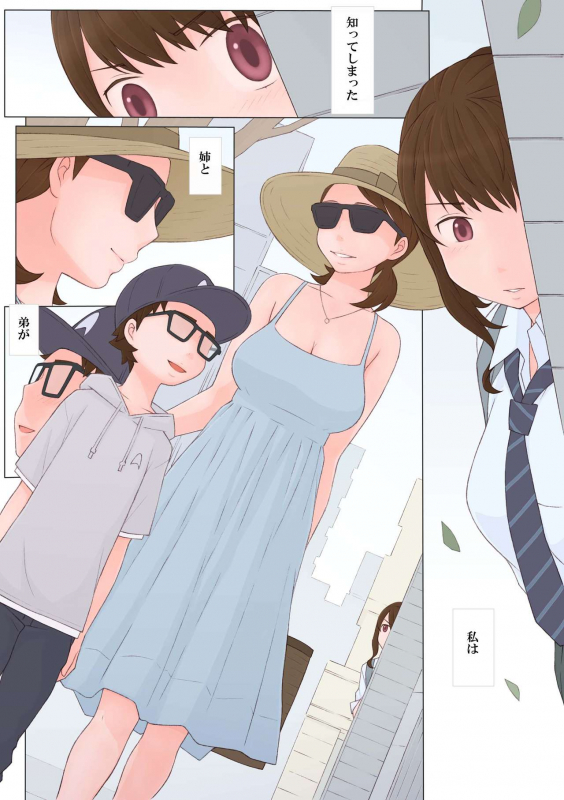 As time goes on, however, you may find comfort in happy reminders such as pictures, books, or keepsakes.
As time goes on, however, you may find comfort in happy reminders such as pictures, books, or keepsakes.
Look to other maternal figures
Being a mother doesn’t always mean a blood connection. You may have many motherly figures in your life.
If you’ve lost your mother, finding another maternal support can help you retain those feelings of guidance and understanding.
Practice mindfulness
Mindfulness is the ability to focus on the moment and not follow thoughts down an emotional path.
When you recall a painful memory related to the loss of your mother, mindfulness may help you acknowledge the memory but not dwell on it.
Honor your mother
Honoring your mother’s memory will mean something different to everyone. You might honor her by donating to her favorite charity. Maybe your mother always wanted you to climb Mount Everest.
Finding goal-oriented ways to honor your mother may also provide a sense of personal accomplishment.
Help others
Many other people, children and adults, have experienced parental loss.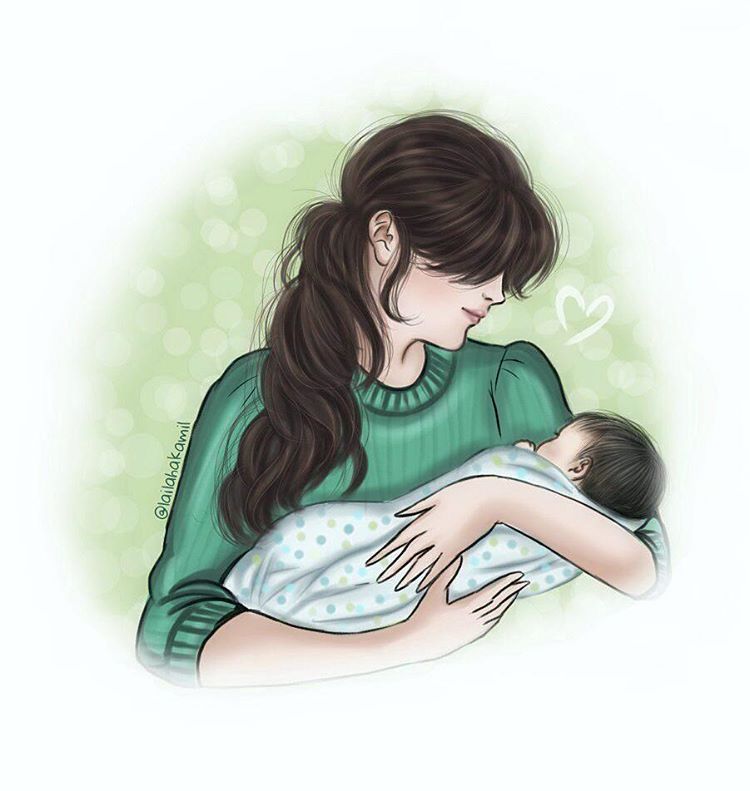 By offering your own maternal support, you may become an important part of someone’s journey with grief.
By offering your own maternal support, you may become an important part of someone’s journey with grief.
Seek local and professional support
Sometimes, it may feel as though nothing you do will ease the loss of your mother. There’s no need to meet this challenge alone.
Local support groups, online chat forums, and mental health professionals can partner with you through the grieving process. The American Psychological Association’s Psychologist Locator can help you find someone who specializes in grief recovery.
If your grief is becoming unbearable, help is available right now
If your grief is becoming very overwhelming and you’re considering self-harm or suicide, help is available right now:
- Call a crisis hotline, such as the National Suicide Prevention Lifeline at 800-273-8255. It’s available 24/7 and offers free, confidential support.
- Text HOME to the Crisis Text Line at 741741.
- Not in the United States? Find a helpline in your country with Befrienders Worldwide.
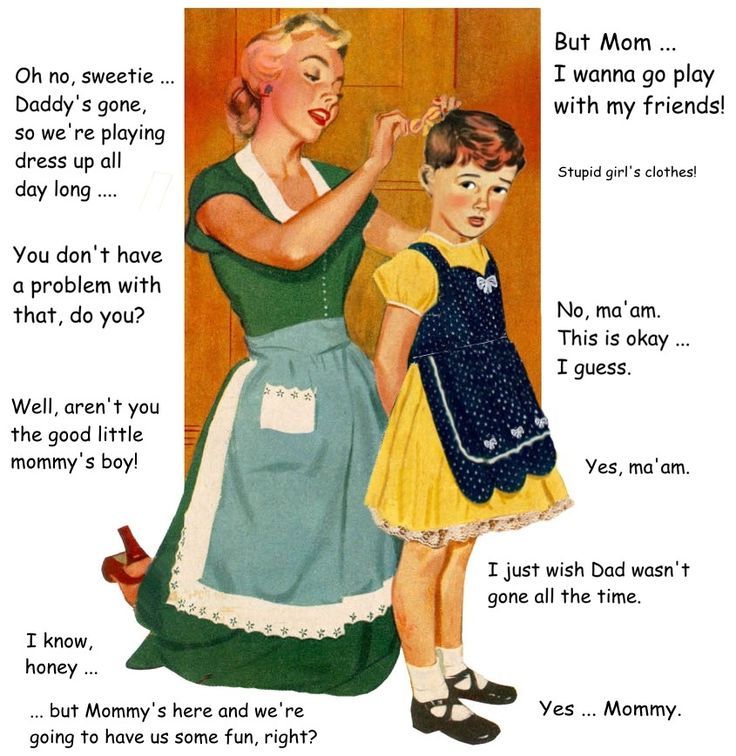
Daughters who lose their mother may experience grief differently than sons.
Cultural and tradition losses, plus a lack of maternal guidance, can leave you feeling lost and disconnected from those closest to you.
While there’s no way to completely replace your mother’s presence in your life, there are ways to honor her memory and regain your sense of self.
If you’ve experienced extreme grief for more than a year, or feel as though you are having trouble completing daily tasks, you may find speaking with a mental health professional helpful.
Remember, you are not alone. Support is available right now.
Here are some books that may help as well:
- “Healing After the Loss of Your Mother: A Grief & Comfort Manual” by Elaine Mallon
- “Motherless Daughters: The Legacy of Loss” by Hope Edelman
- “How to Survive the Loss of a Parent: A Guide for Adults” by Lois F. Akner with Catherine Whitney
Loss of Mother - Why It Is So Hard and How to Cope
For many people the loss of their mother is harder than the loss of their father. Not because they loved them any less, but the bond between mother and child is a special one. Your mother gave birth to you. She fed you and nurtured you throughout your childhood. The mother is one who tends to have the most responsibility for the care of the child, and is at home with the children more often than the father in most cases.
Not because they loved them any less, but the bond between mother and child is a special one. Your mother gave birth to you. She fed you and nurtured you throughout your childhood. The mother is one who tends to have the most responsibility for the care of the child, and is at home with the children more often than the father in most cases.
Your mother is the one you turn to when you break up with your first boyfriend or girlfriend, when you need advice or when you have a problem. Your mother is not only your greatest advocate, she is part of you. You might even look like her. She might be your best friend as well as your mother. It is like losing a part of yourself.
No-one is ever as interested in everything you do as your mother, or as proud of you.
Grief for your mother is one of the hardest things we face in life
Mothers tend to hold families together. They are the ones who keep in touch with all the family members and spread the news around. They are the ones who arrange get togethers, keep the family home together, and generally are the hub of family life.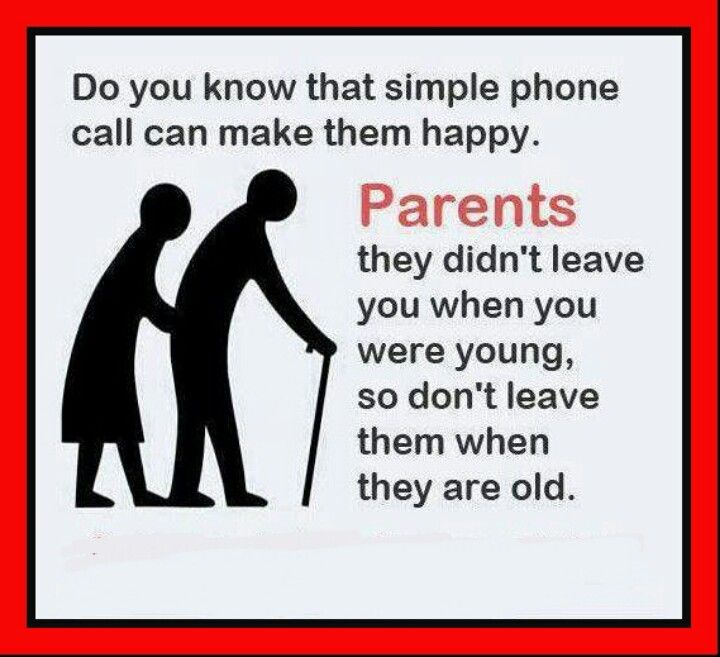 Once the mother is gone, the family either fragments or you have to step in to her role as the main communicator and organiser.
Once the mother is gone, the family either fragments or you have to step in to her role as the main communicator and organiser.
Even if you didn't have the perfect relationship with your mother, her loss can be just as devastating. You no longer have the chance to put things right, to hear her say I love you, or I'm proud of you.
Although the loss of a parent is a normal part of growing up, and it happens to everyone, it is no less devastating. But many people are surprised at how much it affects them. Their friends and family perhaps won't realise just how big a blow it can be, especially if they were old or ill for a long time and it was expected.
Grief for the death of a mother is one of the hardest things we face in life, but nearly all of us have to face it at some time. Everyone's grief is different, and we all have our own ways of coping. We may feel some or all of the emotions of grief at times, or we might just feel numb and blank.
When I lost my own mother I went into denial.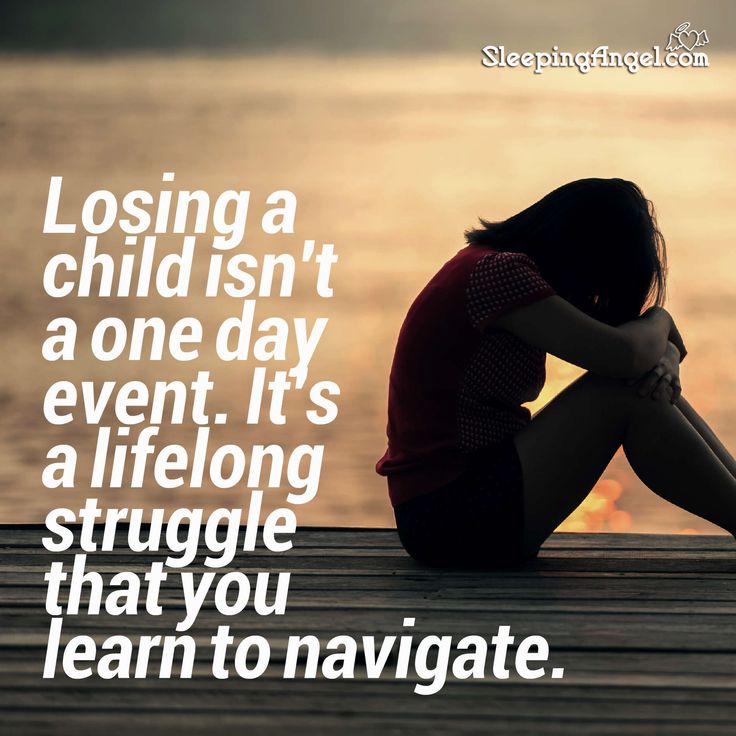 It was easy to bury what had happened because I was living far away and had two young children to cope with. Have a read of my story about how I failed to grieve properly here.
It was easy to bury what had happened because I was living far away and had two young children to cope with. Have a read of my story about how I failed to grieve properly here.
The importance of support after the loss of your mother
If you are lucky enough to have a close family member or friend in whom you can confide, you may be able to grieve without needing any extra help. Some people, for various reasons, may need some more professional guidance if they get stuck in their grief or don't have any close support network.
Here are a few of our recommendations for getting help:
Find out if you need grief counseling here
Download a hypnosis session - Death of a Parent
How to find a grief support group
Men and women grieve differently, so be aware of this. Don't be too hard on your partner if he or she is not able to give you all the support you need. It is a difficult time for them too, and not everyone knows what to do, or what to say.
Read my article on Men and Grief for more understanding.
However you are feeling, know that you are not alone. Talk to friends and family. Join a grief support group, but don't be ashamed that you are grieving. It is a natural and normal process, even if it happens to everyone at some point in their lives.
There are lots more helpful articles on the site to guide you on your pathway through grief.
Related Pages:
Books on Grief for Loss of your Mother
A Sudoku Led Recovery - The Loss of my 95 Year Old Mother
Losing the Childhood Home when Mother Died
Healing from the Loss of My Mother
This page is dedicated to Stephanie and Simone who lost their beloved mother in 2012
- Grief and Sympathy Home
- Losing a Parent as an Adult
- Loss of Mother
Where to get help:
Have You Considered One-on-One Online Grief Counseling?
Get Expert and Effective Help in the Comfort of Your Own Home
The following information about online counseling is sponsored by 'Betterhelp' but all the opinions are our own. To be upfront, we do receive a commission when you sign up with 'Betterhelp', but we have total faith in their expertise and would never recommend something we didn't completely approve.
To be upfront, we do receive a commission when you sign up with 'Betterhelp', but we have total faith in their expertise and would never recommend something we didn't completely approve.
Do you feel alone and sad with no support and no idea how to move forward? It can be tough when you are stuck in grief to find the motivation to get the most out of your precious life.
Online counseling can help by giving you that support so you don't feel so alone. You can have someone to talk to anytime you like, a kind and understanding person who will help you to find meaning in life again, to treasure the memories of your loved one without being overwhelmed and to enjoy your activities, family and friends again.
- Simply fill out the online questionnaire and you will be assigned the expert grief counselor most suitable for you. It only takes a few minutes and you don't even have to use your name.
- Pay an affordable FLAT FEE FOR UNLIMITED SESSIONS.
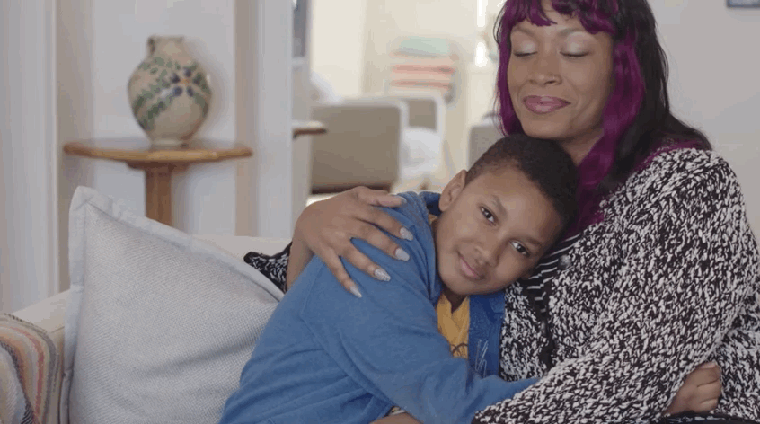
- Contact your counselor whenever you like by chat, messaging, video or phone.
- You can change counselor at any time if you wish.
- Click here to find out more and get started immediately with 20% off the first month for GriefandSympathy readers.
- Or read more about how online counseling works here.
Click here to receive 20% off your first month. Exclusive to GriefandSympathy readers.
Sales from our pages result in a small commission to us which helps us to continue our work supporting the grieving.
Hypnosis for Grief - 10 Ways It Can Help You
Try a gentle hypnotherapy track to relax the mind. Learn how self-hypnosis can help you cope with grief at any time of the day or night.
Read more about it here.
For Remembrance:
Sales from our pages result in a small commission to us which helps us to continue our work supporting the grieving.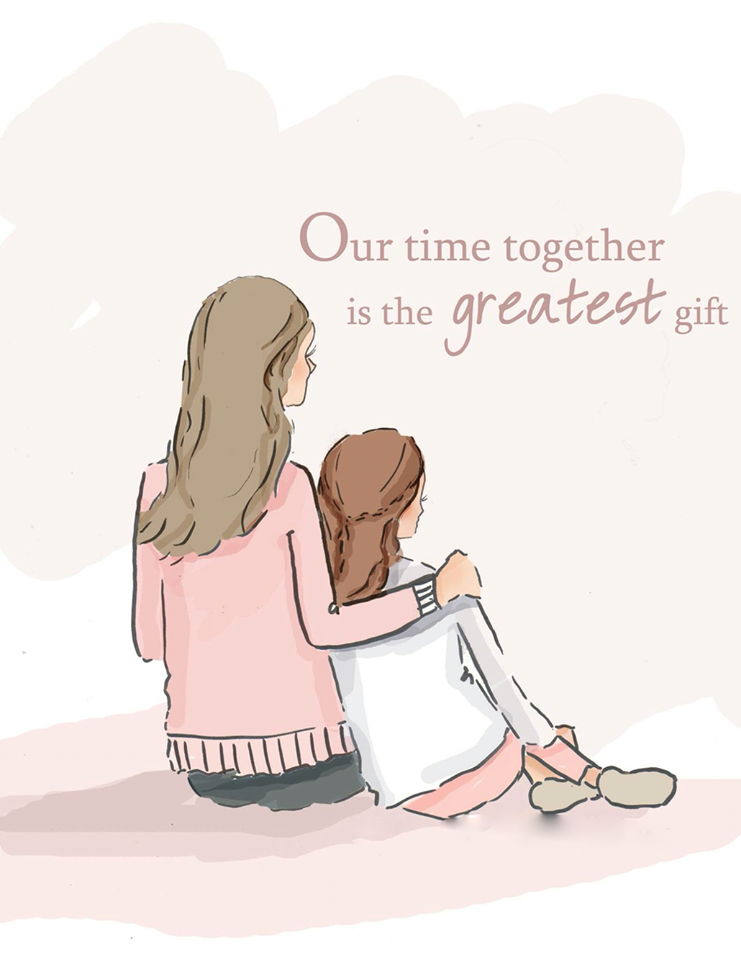
Memorial Jewelry to Honour a Loved One
Check out our lovely range of memorial jewelry for any lost loved one. Pendants, necklaces, rings or bracelets, we have them all in all kinds of styles. Choose for yourself or buy as a sympathy gift.
Click here to see our selection
Create an Online Memorial Website
Honour your loved one with their own memorial website. Share photos, videos, memories and more with your family and friends in a permanent online website. Free for basic plan with no ads.
Find out more here.
For USA Residents:
Please help our colleagues at Yeshiva University, USA by joining in their research study:
ARE YOU A CAREGIVER OR HAVE YOU RECENTLY LOST SOMEONE SIGNIFICANT?
#33769566.1 IRB Approved at the Study Level. 21 July 2022
We are seeking individuals who are caregiving for someone with a life-limiting illness and those who have experienced a significant loss to participate in a research study through Yeshiva University.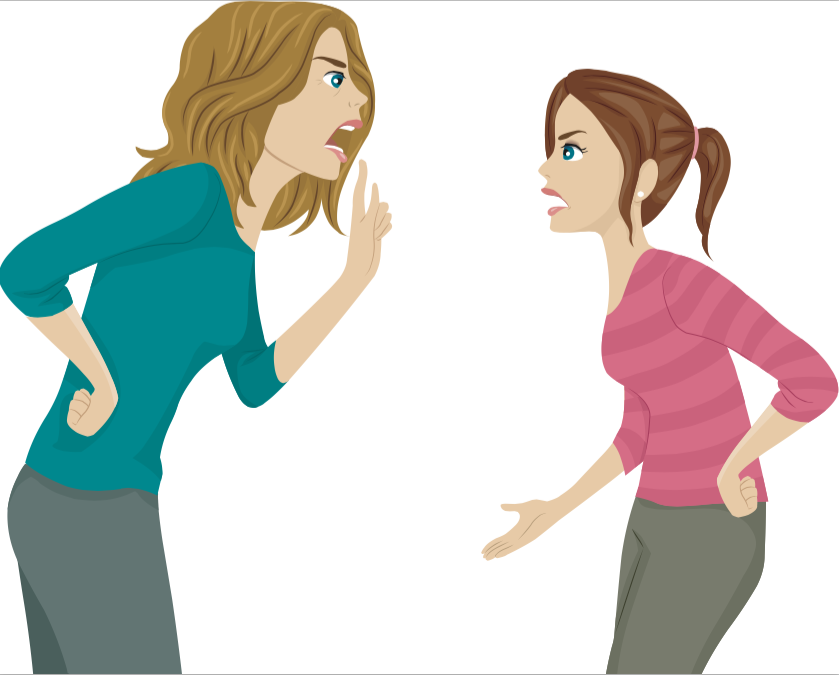 The purpose of the study is to develop a questionnaire to identify those who may be in need of caregiver or grief support in order to ultimately improve family-centered care in hospitals and clinics.
The purpose of the study is to develop a questionnaire to identify those who may be in need of caregiver or grief support in order to ultimately improve family-centered care in hospitals and clinics.
For caregivers and bereaved individuals who would like to contribute to our understanding of caregiving and bereavement, this is a way to make a difference.
For USA Residents only. Click here to learn more.
Keep in touch with us:
Sign up for our newsletter and receive:
"The 10 Most Important Things You Can Do
To Survive Your Grief And Get On With Life"
Our free downloadable and printable document "The 10 Most Important Things You Can Do To Survive Your Grief And Get On With Life" will help you to be positive day to day.
The 10 points are laid out like a poem on two pretty pages which you can pin on your fridge door to help you every day!
All you have to do to receive this free document is fill in your email address below.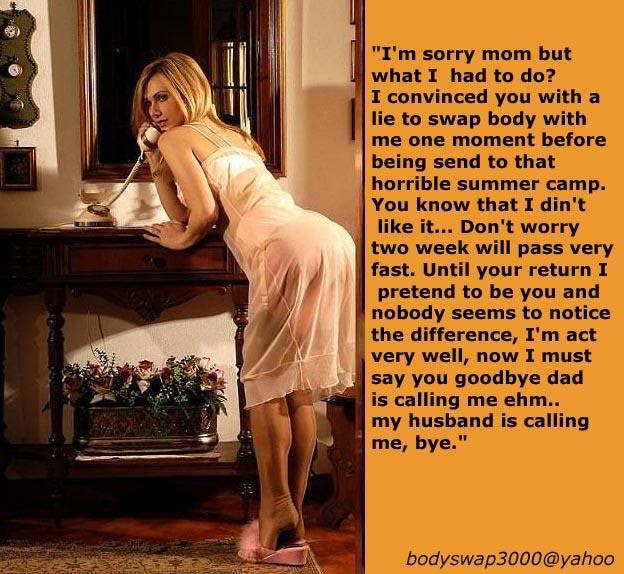
You will also receive our newsletter which we send out from time to time with our newest comforting and helpful information. You can unsubscribe any time you like, and don't worry, your email address is totally safe with us.
NEW BONUS - Also receive a copy of our short eBook - '99 Ways to Spot a Great Grief Counselor'. Available for instant download as soon as you sign up. Never waste money on poor counseling again!
Join us on Facebook for articles, support, discussion and more. Click 'Like' below.
Grief and Sympathy
Lose mom | Destiny to be a Woman – Olga Valyaeva and Alexey Valyaev
Print article
The child is most afraid of losing his mother. And dad too, but still less. Mom is his whole world, starting from the moment he started his journey in her womb. Even then, he froze if he felt that his mother felt bad, and was very afraid to destroy this connection.
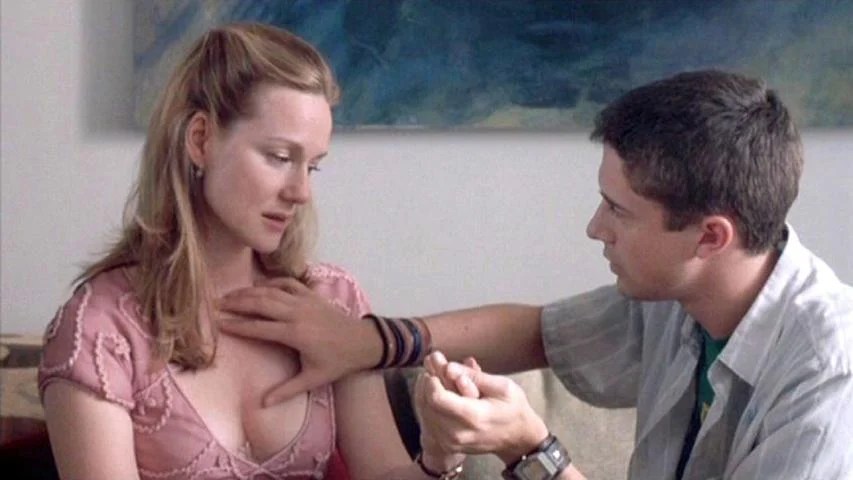 Even then, he joyfully greeted her when she put her hand to her stomach. And her voice was the most desirable sound for him. Her eyes were the first he met in this world. Mum. nine0002 When he was just a baby and couldn't move fast enough, every time he lost sight of her, he thought he would never see her again. As if she had gone far, far away, to distant lands. Forever. Therefore, he began to shout loudly, trying to get through to her. Mom came running with huge eyes - she just went to the toilet, and he screams, as if she had gone to Antarctica. And he immediately calmed down in her arms. Mum.
Even then, he joyfully greeted her when she put her hand to her stomach. And her voice was the most desirable sound for him. Her eyes were the first he met in this world. Mum. nine0002 When he was just a baby and couldn't move fast enough, every time he lost sight of her, he thought he would never see her again. As if she had gone far, far away, to distant lands. Forever. Therefore, he began to shout loudly, trying to get through to her. Mom came running with huge eyes - she just went to the toilet, and he screams, as if she had gone to Antarctica. And he immediately calmed down in her arms. Mum. When he was growing up, her reaction was the most important, like a barometer. According to it, he navigated the world, made his casts from it. When she smiled, he understood that he was good and doing everything right. When she frowned, everything inside him tightened, and there was a sticky fear that he might lose her. And then he changed his behavior, apologized for the pain caused. Anything, mommy, just don't go! Mum. nine0003
Anything, mommy, just don't go! Mum. nine0003
He always wants to see her happy. Is always. Even if his mother caused him a lot of pain and resentment. Even if she did not live up to the enormous trust with which he came. Even if she doesn't act like a mother at all. It doesn't matter to him, his heart really wants to make her happy right now and forever. And he's ready for anything.
- Some girls don't get married so as not to leave their mother.
- Others cannot move away from her, and persuade her husband to live with her mother so that she would not be lonely. nine0014
- Still others fulfill their mother's dreams, doing something completely different from what they would like.
- Fourth do not move to the city of their dreams, so as not to upset their mother.
- Fifths give birth to children and give them to their mother, who did not give birth as much as she wanted.
- The sixths give her all the money they earn just to see her smile.
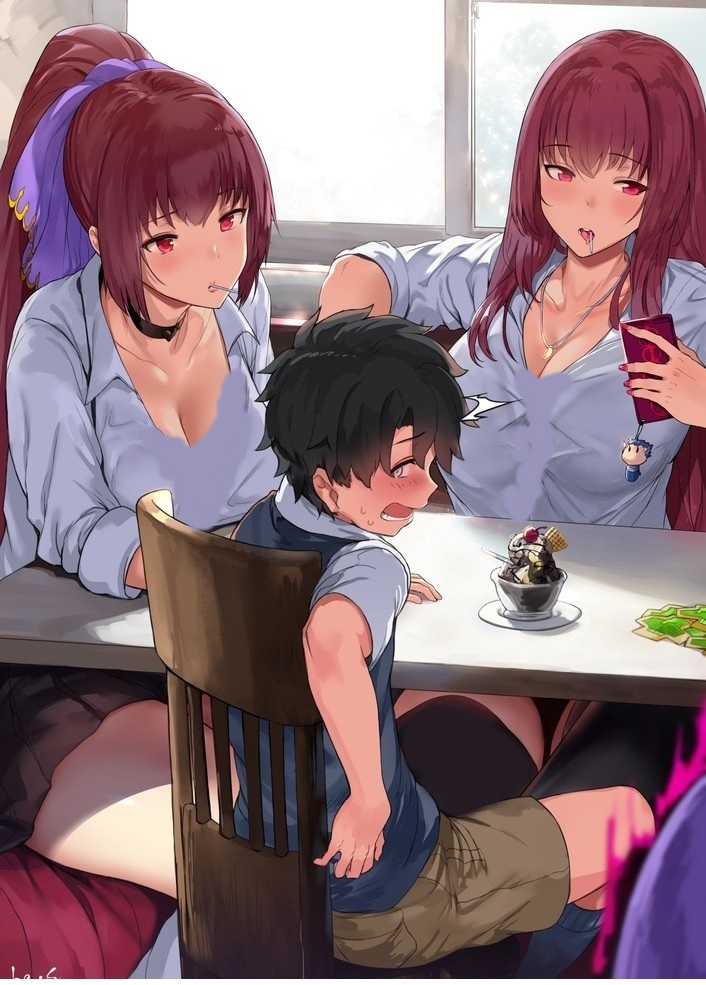
- The Seventh endlessly save her from one, then from the other.
- Eighths endure the terror of their mother's emotions so as not to offend. nine0013 The Ninths take her side in conflicts with her father, sometimes even testifying against him in court.
You can continue indefinitely. For a child, the mother is the most important person, whatever one may say. This is the earthly incarnation of God, His hands, His representative. And losing her is very scary.
I'm not even talking about the fact that we all will one day leave this world. I'm talking about more subtle. It’s so scary to lose your mother, destroying the relationship with her, that we try our best to hold on, endure, and sometimes again and again we go to the place where we are stabbed in the back with a knife. Such a game from which it is impossible to leave, and to live in which it is also impossible. nine0003
Girls want to start living their lives. To mature. Separate. State your feelings. Sometimes these girls are already thirty, forty or even fifty years old. But. All their desires, their whole life rests on the same thing: “But what about mom? After all, my mother will be offended, upset, will not accept, refuse me .... "
To mature. Separate. State your feelings. Sometimes these girls are already thirty, forty or even fifty years old. But. All their desires, their whole life rests on the same thing: “But what about mom? After all, my mother will be offended, upset, will not accept, refuse me .... "
The saddest thing is that for any child, the mother's life is much more valuable than his own. This is true for any child. And while we remain children, we are ready to sacrifice our lives for the sake of our mother. nine0003
I asked a girl in her forties who is afraid to marry a man she has been dating for ten years. He lives in another city, and in theory she should move. But he can't. Afraid to leave mom. He's waiting while he's still waiting. Ten years already waiting. And the clock is ticking. I asked her:
"Why is your life less valuable to you than your mother's?" She remains silent, not knowing what to say. I know. Because she is still a child.
I tell her that in these ten years she could already settle down in a new city, find friends, give birth to three children, as she dreamed, find a new job, build a flower bed at the entrance.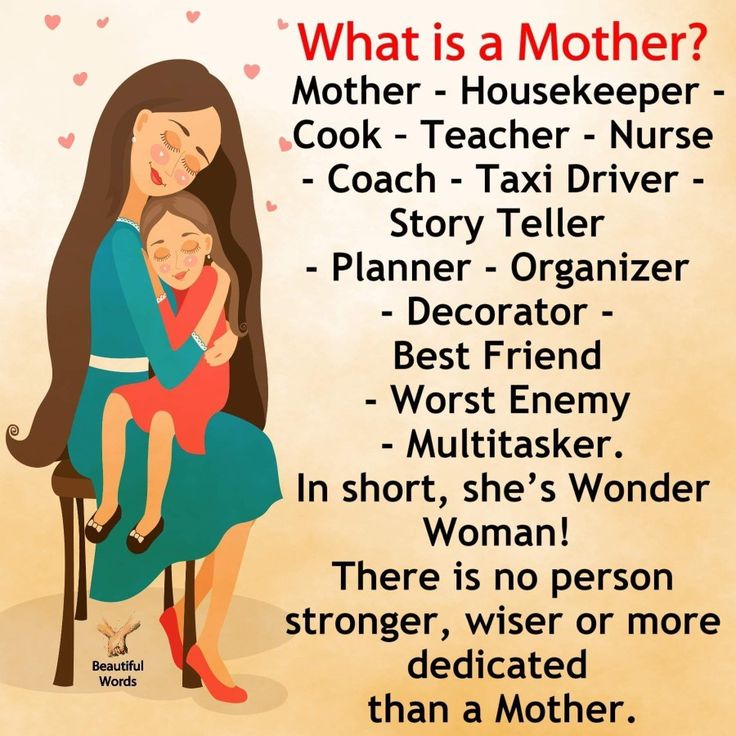 And there is a man - he loves her, waits, calls, understands, accepts. But one day he will get tired of waiting. nine0003
And there is a man - he loves her, waits, calls, understands, accepts. But one day he will get tired of waiting. nine0003
“What will happen to you if he gets tired of waiting? Will he find someone who will be ready to drop everything and move in with him, give birth to children and cook borscht for him? she cries. This is not at all what she would like.
“You have to choose. You can lose him, and who knows if you will then find happiness in your personal life, if you will have time to give birth to the child you so desire. Or you can lose her. She may never accept or forgive you for this." I say, realizing that this is cruel. But life is like that. nine0003
"I can't choose! Why should I choose? she cries.
"Tell me, is he ready to quit his job, his apartment and move to your city?"
"No, he has nowhere to work here, no prospects."
"Is your mother ready to move in with you?"
"No. She wants to live here. Everything suits her here.”
“What do you want yourself? she cries again. Because she knows the answer. She is more than anything afraid of hurting her mother. And I am ready to sacrifice my personal happiness for this. “While you live her life, your life is gone. And there is no one there. All in vain.” nine0003
Because she knows the answer. She is more than anything afraid of hurting her mother. And I am ready to sacrifice my personal happiness for this. “While you live her life, your life is gone. And there is no one there. All in vain.” nine0003
Yes, she will have to grow up if she wants to go further. Come to terms with your biggest fear, accept it. And move on. To the future, with gratitude to the past.
Children are most afraid of losing their mother. Wise mothers, realizing this, release their chicks themselves at the right time. Moms who couldn't grow up themselves have a stranglehold on them, trying to hold on to their past, not wanting to change anything.
And when you are so tightly held in their arms that you cannot even breathe, you need to gain strength and break this circle. Go beyond its scope. Grow up. It hurts. This is scary. But if this is not done, then why everything else? nine0003
The caterpillar is also probably not comfortable climbing into a cocoon and waiting for something there, in the dark and cramped, without food and drink. And then breaking this cocoon is also probably unpleasant. But behind this comes a new life, another stage, another status. Although you can succumb to fear and remain just a caterpillar for life, never flapping your wings.
And then breaking this cocoon is also probably unpleasant. But behind this comes a new life, another stage, another status. Although you can succumb to fear and remain just a caterpillar for life, never flapping your wings.
Everyone decides for himself. Whether to remain a small child tied to her mother's skirt with the fear of losing her. Or grow up and allow yourself to have a life different from your mother's. nine0003
What do you choose?
Olga Valyaeva - valyaeva.ru
Please share the article in your favorite social network or messenger. This is very important
"My world collapsed." How a girl experiences the loss of her mother
The book “Daughters without mothers. Coping with Loss” is based on interviews with hundreds of women who have lost a parent, contemporary research, and the author's own experience. Author Hope Edelman struggles to figure out how to deal with the death of a loved one0088
The loss of a mother is inevitable, but it is this event in the life of every woman that divides her life into before and after, leaving an indelible imprint on her personality.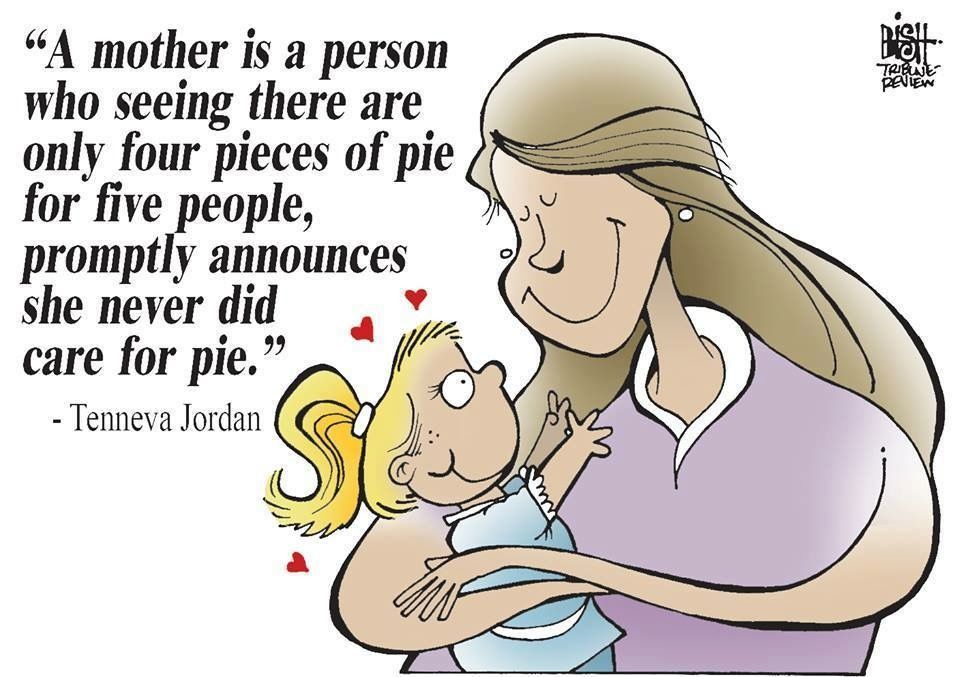 Hope Edelman's Motherless Daughters. How to survive the loss" was translated into 20 languages, the Russian version is published in early April by the publishing house "Peter". Forbes Woman publishes an excerpt about how children and adolescents experience the loss of a parent.
Hope Edelman's Motherless Daughters. How to survive the loss" was translated into 20 languages, the Russian version is published in early April by the publishing house "Peter". Forbes Woman publishes an excerpt about how children and adolescents experience the loss of a parent.
Finished reading here
[[{"fid":"330819","view_mode":"default","fields":{"format":"default","alignment":"","field_file_image_alt_text[und][0][ value]":false,"field_file_image_title_text[und][0][value]":false,"external_url":""},"type":"media","field_deltas":{"1":{"format" :"default","alignment":"","field_file_image_alt_text[und][0][value]":false,"field_file_image_title_text[und][0][value]":false,"external_url":""}} ,"attributes":{"style":"height: 650px; width: 650px;","class":"media-element file-default","data-delta":"1"}}]]
Psychologists have debated for decades whether children and adolescents can mourn the death of a loved one. Adults take out their emotions on different people - spouses, lovers, children, close friends and themselves. And children usually direct them to one or both parents. When a girl says, “My mother died when I was 12 and my world collapsed,” she is not exaggerating.
Adults take out their emotions on different people - spouses, lovers, children, close friends and themselves. And children usually direct them to one or both parents. When a girl says, “My mother died when I was 12 and my world collapsed,” she is not exaggerating.
Many grief professionals today agree that fully adjusting to the loss of a parent requires elements that children often do not have. This is a mature understanding of death, speech development and the courage to talk about your feelings. It is the realization that the intense pain is not eternal, and the ability to shift the emotional dependency from the deceased parent onto oneself before becoming attached to someone else. These qualities develop as they grow older: the child, like a train, picks up new passengers - skills - at each stage. At the time of the death of a parent, such qualities are usually few in a child. nine0003
This doesn't mean that children can't grieve, they just do it their own way.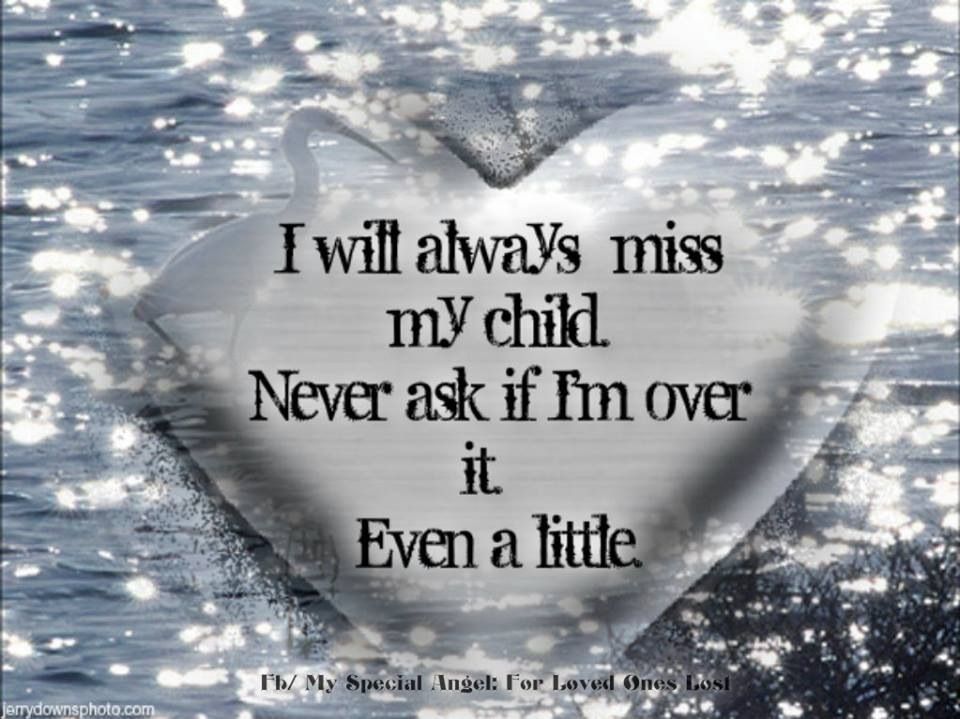 The process of experiencing childhood grief is longer and occurs as cognitive and emotional abilities develop. A five-year-old child who thinks that death is a long dream may realize in six years that his mother will not return. He will have to endure the sadness and anger that will arise with a new awareness, even though six years have passed since the moment of death.
The process of experiencing childhood grief is longer and occurs as cognitive and emotional abilities develop. A five-year-old child who thinks that death is a long dream may realize in six years that his mother will not return. He will have to endure the sadness and anger that will arise with a new awareness, even though six years have passed since the moment of death.
In my opinion, the best example of this process is the story of 20-year-old Jennifer. She was four years old when her mother committed suicide. As a child, Jennifer only knew the basic facts about her mother's death. However, she was able to understand the truth only when her cognitive and emotional abilities were formed. nine0003
“My mother got carbon monoxide poisoning in the garage,” she explains. “For a long time I thought the fuel tank cap fell off the car and she died from it. It sounds ridiculous, but I was sure of it. Many years later, in the eleventh grade of school, I finally realized that my mother did everything on purpose. I was telling someone about this and suddenly I thought, “This is stupid. How can you die from a fuel tank cap?” Years after her mother's death, Jennifer began a new cycle of grief. She is still trying to accept the truth. nine0003
Many years later, in the eleventh grade of school, I finally realized that my mother did everything on purpose. I was telling someone about this and suddenly I thought, “This is stupid. How can you die from a fuel tank cap?” Years after her mother's death, Jennifer began a new cycle of grief. She is still trying to accept the truth. nine0003
Adults usually begin the process of grief immediately after a loss, but children do it in fits and starts. They grieve throughout their lives, sinking in and out of their grief, experiencing intense outbursts of anger and sadness that alternate with long periods of neglect. “Children know how much pain they can take at any given moment, and when they reach the limit, they just shut themselves off from it, switch to something else,” explain Mary Ann and James Emsweiler, authors of Help Your Child Grieve (Guiding Your Child rough Grief). nine0003
Adults often confuse this process with grief blocking, thinking that their child does not understand what has happened or is in denial about the loss. In fact, he understands well that his mother is no more. But instead of openly grieving, the child often speaks to adults through play. For example, a girl who lost her mother in the terrorist attacks on September 11, 2001, could return from a funeral and go to her toy box, which she did not pay attention to before the funeral. The game reflects her feelings. If a girl builds a tall tower of blocks several times and destroys it, this is probably how she expresses her sense of loss. nine0003
In fact, he understands well that his mother is no more. But instead of openly grieving, the child often speaks to adults through play. For example, a girl who lost her mother in the terrorist attacks on September 11, 2001, could return from a funeral and go to her toy box, which she did not pay attention to before the funeral. The game reflects her feelings. If a girl builds a tall tower of blocks several times and destroys it, this is probably how she expresses her sense of loss. nine0003
Psychologists at the Barr-Harris Center for Childhood Grief in Chicago have long observed that a child's reaction to the death of a parent is directly related to the behavior of the remaining parent. “Loss is felt harder when the surviving parent recovers more slowly, becomes seriously depressed, acts like nothing happened, or is so exhausted that the situation is out of control,” says Nan Bernbaum, who worked at the Center in the 1990s. .
.
- We have noticed that children feel the loss six or nine months after the death of a parent, when the remaining parent recovers a little. Children need psychological support to survive intense stress. Parents left behind are forced to piece together the pieces of their lives and return to their normal activities before the children feel safe and able to express their grief. Sometimes the remaining parent comes to his senses after a year. In this case, the child will begin to grieve and show intense reactions a year and a half after the loss. Children cannot get past the stage of grief where the remaining parent left off. If he is stuck at a particular stage, most likely, the child will also be stuck there. nine0003
Researchers have found that children who have lost a parent need two conditions to recover - a balanced surviving parent who meets their physical and emotional needs, and an open and honest discussion of death and its impact on the family. Physical care is not enough. A child who can share sadness and feel safe at home is more likely to cope with pain and avoid major long-term stress. But if he encounters constant difficulties - for example, his father cannot recover from a loss, his stepmother rejects him, the situation at home is unstable - he has a long way to go. nine0003
Physical care is not enough. A child who can share sadness and feel safe at home is more likely to cope with pain and avoid major long-term stress. But if he encounters constant difficulties - for example, his father cannot recover from a loss, his stepmother rejects him, the situation at home is unstable - he has a long way to go. nine0003
Adolescents are very attached to peer groups and have the ability to think abstractly, which allows them to jump from the thought “My mother is no more” to the thought “My life will never be the same”. Their process of experiencing grief is close to that of adults, but the sensations are still limited by the level of development. Some psychologists consider adolescence to be a form of mourning for a bygone childhood and the dissipated image of all-powerful caring parents. In their opinion, until we complete this process of experiencing grief in adolescence, we will not be able to grieve for a departed loved one. A period as unstable and fickle as adolescence can prepare us for the need to let people go. nine0003
A period as unstable and fickle as adolescence can prepare us for the need to let people go. nine0003
Women who lost their mothers during their teenage years often report that they were unable to cry at the time of the loss, or even months and years later. Having matured, they often blame and reproach themselves for this, ask questions: what is wrong with me? why couldn't I cry? what is my problem?
Sandy, 34, whose mother died of cancer 20 years ago, still remembers her confusion. “I never cried at a funeral,” she admits. “I didn’t want anyone to know how a 14-year-old girl feels. I remember sitting in the funeral parlour, chatting merrily with my friends because I didn't know how to behave. You know, I didn't want to act like the loss upset me. I didn't know how to behave. But my family owned a large area planted with forests. I went there, sat on a fallen tree and cried a lot, although I didn’t shed a tear at the funeral. nine0003
nine0003
After a serious loss, older children and adolescents do not cry as freely as adults. Adolescents are often afraid of their deepest emotions. If a small child can burst into tears without thinking of a tantrum, a teenager who feels that he can “fall apart” in front of everyone is afraid to show his grief.
If a parent dies while a girl is trying to prove her independence from the family, she may associate tears and other emotional outbursts with a regression to childhood. She equates crying with being childish and avoids public tantrums. The loneliness experienced by a girl after the death of her mother is exacerbated by the distance that is a normal part of adolescence. As a result, she feels doubly alone, afraid to express grief. nine0003
I would like to write that everyone in my family was able to publicly express feelings, that we discussed the death of my mother and her life, and that all children received important emotional support from their father.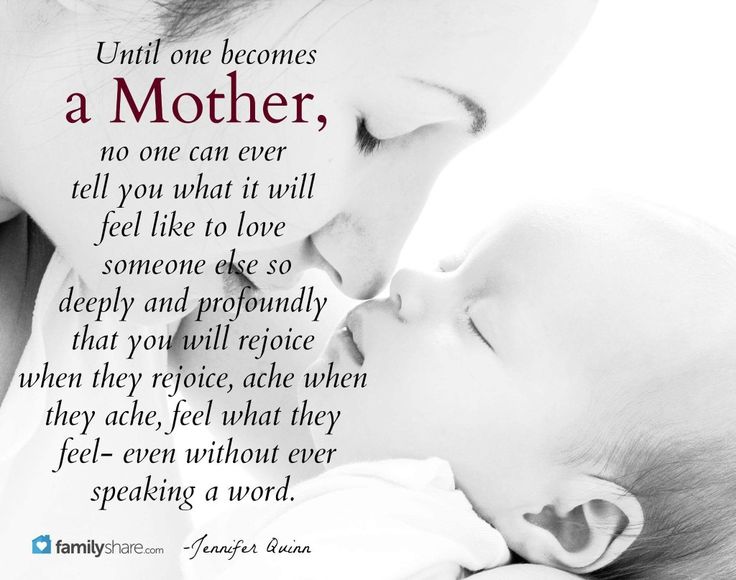 But it's not. My father could not simultaneously carry the burden of his own grief and the unexpected responsibility for three children that fell on his shoulders. Plus, he's not used to asking for help. It is unlikely that at that time he discussed with someone the death of his wife. Father never talked about it with us. When at dinner someone accidentally said the name of my mother, tears appeared in his eyes. He went to his room, leaving me, my sister and brother to silently look at the plates of food. When a single parent is on the verge of a breakdown, it's very scary. We tried to prevent a catastrophe as far as possible. We had no one except for our father, we could not lose him either. When we realized what words pissed off my father, silence fell over us like a thick fog. Two months after my mother died, we stopped talking about her altogether. nine0003
But it's not. My father could not simultaneously carry the burden of his own grief and the unexpected responsibility for three children that fell on his shoulders. Plus, he's not used to asking for help. It is unlikely that at that time he discussed with someone the death of his wife. Father never talked about it with us. When at dinner someone accidentally said the name of my mother, tears appeared in his eyes. He went to his room, leaving me, my sister and brother to silently look at the plates of food. When a single parent is on the verge of a breakdown, it's very scary. We tried to prevent a catastrophe as far as possible. We had no one except for our father, we could not lose him either. When we realized what words pissed off my father, silence fell over us like a thick fog. Two months after my mother died, we stopped talking about her altogether. nine0003
Silence and suppression of feelings turned me into an emotional doll, artificial and numb, with ideal proportions that do not exist in life. The night my mother died, I moved into a zone of false emotions: no tears, no grief, no reaction other than restraint and a great desire to maintain the status quo. If I could not control the external chaos, at least I tried to balance it with internal restraint. How to succumb to the intense emotions churning inside me? At and after the funeral, my father told his relatives that I was the backbone of the family. “Without Hope, our family would fall apart,” he said, and everyone nodded in unison. nine0003
The night my mother died, I moved into a zone of false emotions: no tears, no grief, no reaction other than restraint and a great desire to maintain the status quo. If I could not control the external chaos, at least I tried to balance it with internal restraint. How to succumb to the intense emotions churning inside me? At and after the funeral, my father told his relatives that I was the backbone of the family. “Without Hope, our family would fall apart,” he said, and everyone nodded in unison. nine0003
Of course, such praise convinced me of the need to maintain an insensitive mask. In the early years, I never broke down. My mother always allowed children to cry, but my father was more of an advocate for suppression of emotions. Someone should have told me that there was nothing wrong with anger and despair, but I was only praised for my pseudo-mature responsibility. Perhaps it sounds silly to a 17-year-old girl that she needed permission to show her emotions openly. I would have thought the same if I hadn't experienced it personally. nine0003
I would have thought the same if I hadn't experienced it personally. nine0003
Families like mine are not uncommon. Many consider even a harmless display of grief to be a reminder of loss and do not allow themselves to acknowledge the pain of the family. Girls who have lost their mothers and are left to live with their fathers are particularly disadvantaged. It is still accepted in our society that women express emotions and men suppress them. Fathers can feel grief just as intensely as the rest of the family, but men who are used to suppressing their feelings, keeping everything under control and solving problems, often do not know how to show emotions in public and cannot stand it. Leslie, 20, lost her mother at 17. “My father sent me a clear signal: “Don’t start crying, otherwise we will fall apart,” she recalls. He really thought so. In my home, grief, mourning and crying were considered something dangerous. We were not allowed to cry and grieve.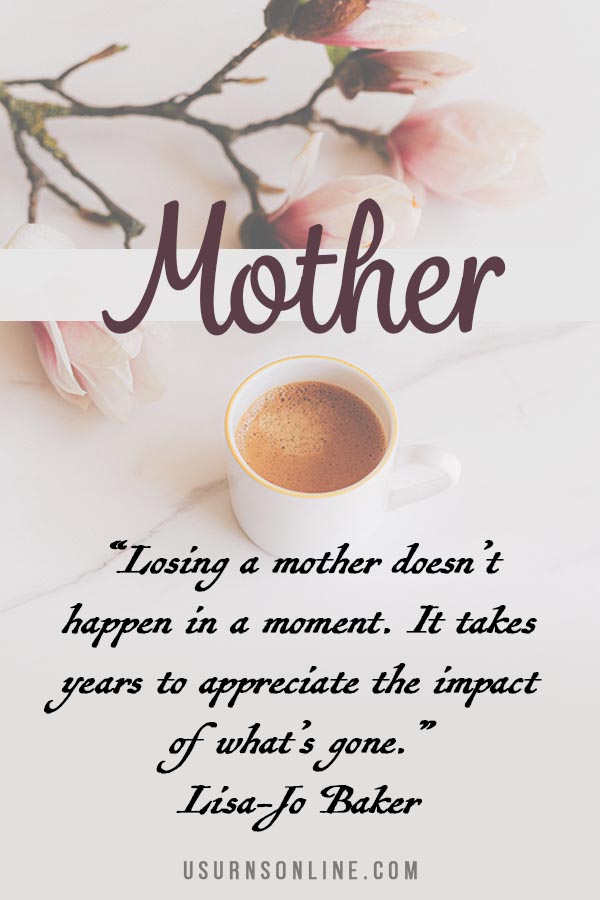 I regret that I didn’t tell my father then: “It’s not true, dad.” I regret not crying. Then I would say to him, “See? Nothing happened. We didn't get hit by lightning." He would cry too, so what? What is dangerous about this? I cried a lot when I was in therapy. Then I got angry at the psychologist. Nothing bad happened. I think everyone in my family believed that my emotions were fraught with a huge negative force. Then I considered myself omnipotent. Of course it wasn't." nine0003
I regret that I didn’t tell my father then: “It’s not true, dad.” I regret not crying. Then I would say to him, “See? Nothing happened. We didn't get hit by lightning." He would cry too, so what? What is dangerous about this? I cried a lot when I was in therapy. Then I got angry at the psychologist. Nothing bad happened. I think everyone in my family believed that my emotions were fraught with a huge negative force. Then I considered myself omnipotent. Of course it wasn't." nine0003
Grief doesn't go away when we try to lock it up in a remote place, but that's what many of us are advised to do: don't talk about the pain and it will go away. Anyone who has tried this approach knows how wrong it is. “In the end, it’s not the death of your mother that pisses you off,” says 29-year-old Rachel, who lost her mother at 14, “but the fact that you can’t talk and think about it.” Sometimes silence, in which there is no place for a sound, is more intrusive than words.